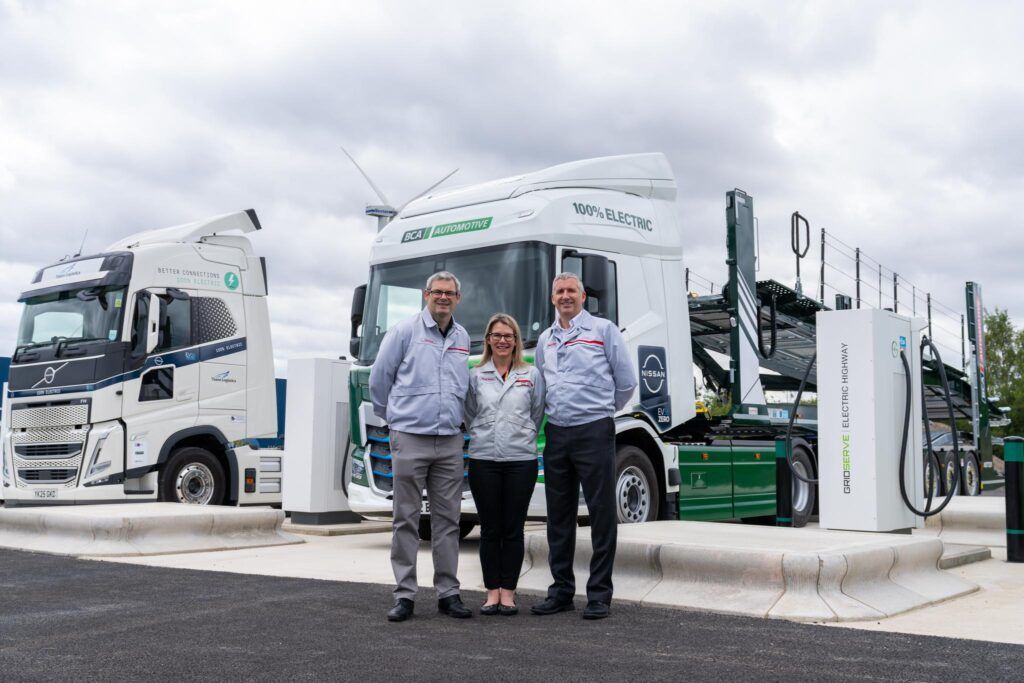Innovate UK, part of UK Research & Innovation (UKRI), has announced a new funding competition that will support the research and development of the most promising, innovative and sustainable battery technologies for the propulsion of EVs in the automotive sector.
Investing up to £25 million (subject to business case approval) into a range of innovative projects, the Faraday Battery Challenge Round 5 Innovation competition aims to support technologies with the potential to enter the automotive market within the next decade, particularly those projects which will deliver breakthrough advances in sustainable propulsion battery technologies.
The competition also aims to move UK battery innovations from technological potential towards commercial capability and to develop and secure material and manufacturing supply chains for battery technologies in the UK.
To be eligible for funding, projects must meet the following criteria:
- Be led by a UK-registered business of any size
- Have total costs between £500,000 and £12 million for CR&D projects or £100,000 and £750,000 for feasibility studies
- Last up to 24 months for CR&D projects or up to 12 months for feasibility studies
- Start on 1st January 2023
- Carry out all project work in the UK.
Open to any UK business or organisation, projects must balance specific technical, market and business requirements for developing emerging technologies and enable UK competitiveness across the battery value chain.
Although primarily focused on supporting technologies with the potential to enter the automotive market within the next 10-15 years, the Faraday Battery Challenge will also support technologies which may achieve early or synergistic entry into other sectors on the route to the automotive market.
The Faraday Battery Challenge is keen to promote other sectors to work alongside automotive to maximise the benefit of the technologies developed in this competition, for example where sectors may share similar battery performance requirements.
The Faraday Battery Challenge is particularly interested in applications that aim to achieve the following through a combination of innovations in process improvements, cell chemistry, cell to pack efficiency and novel design concepts through:
- High power and high energy density, where safety can enable high performance applications
- Low cost and lower energy density technologies with lower reliance on critical minerals such as cobalt and nickel
- Technologies enabling high cycle life
- Technologies developing sustainable batteries, for example, which improve resource efficiency, reduce energy intensity of processes, or increase recyclability
- Building and securing the UK supply chain
- Development of more efficient and globally competitive manufacturing processes.
Organisations must submit their application for funding by Wednesday 17th August, with successful applicants notified by Saturday 29th October.
Tony Harper, Challenge Director for the Faraday Battery Challenge, said: “If the UK is to realise its commitment to move to full electrification and zero-emissions vehicles, we must support nascent technologies whilst building and securing a strong UK supply chain that will put the country at the forefront of innovation.
“This new round of funding will enable us to help businesses build partnerships and de-risk innovation across the supply chain, building on the UK’s world class research and innovation and moving the industry forward.”
Image: Shutterstock















